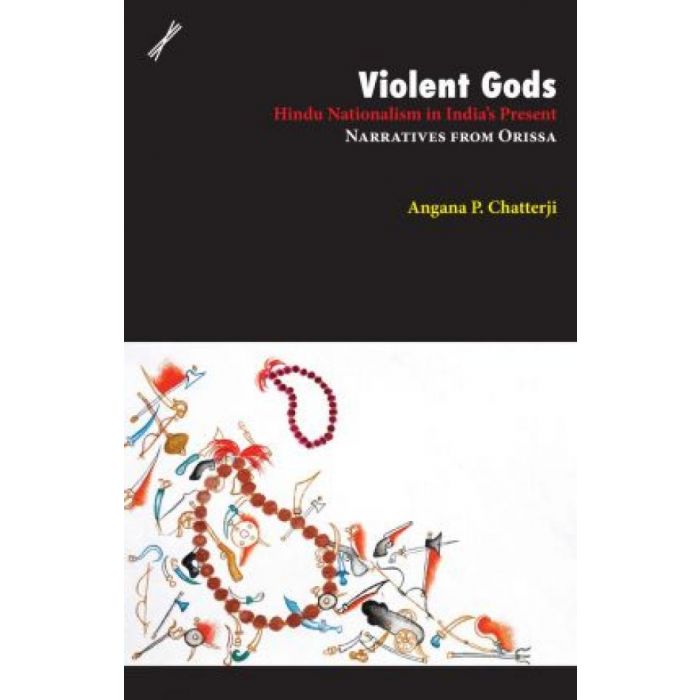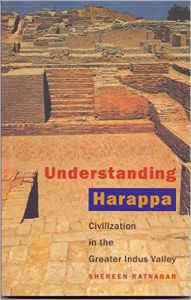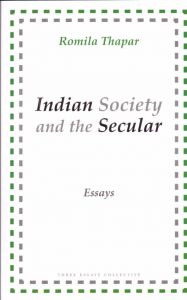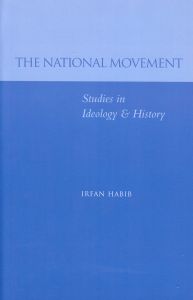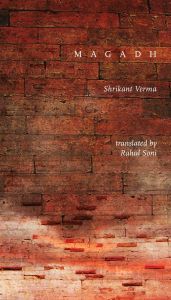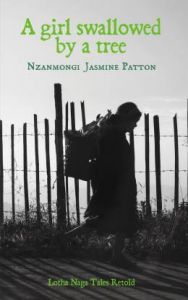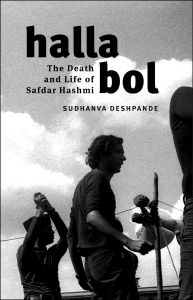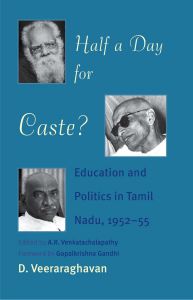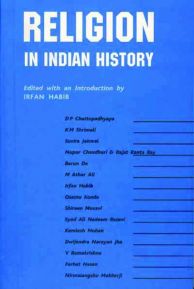Violent Gods
This book is an erudite and elegiac exploration of Hindu nationalism in India today. It offers a revealing account of Hindu militant mobilizations as an authoritarian movement manifest throughout culture, polity, and economy, religion and law, class and caste, on gender, body, land, and memory. Tracing the continuities between Hindutva and Hindu cultural dominance, this book maps the architectures of civic and despotic governmentalities contouring Hindu nationalism in public, domestic, and everyday life. In chronicling concerted action against Christians and Muslims, Adivasis and Dalits, through spectacles, events, public executions, the riots in Kandhamal of December 2007 and August-September 2008, the planned, methodical politics of terror unfolds in its multiple registers. At the intersections of Anthropology, Postcolonial, Subaltern, and South Asia Studies, Angana P. Chatterji asks critical questions of nation making, cultural nationalism, and subaltern disenfranchisement. As a Foucauldian history of the present, this text asserts the role of ethical knowledge production as counter-memory.

